Ask Ethan No. 51: Is Astrology a Science?
- Transfer
And how can you even judge this?
When I was ten years old, I only knew that I hated the strange words that described what happened to my brother. Until now, I think that this was due to the fact that he was obsessed with evil spirits who were released in the haunted house that was shown at the carnival that summer. So it’s much easier for me to comprehend this than to accept reality.
- Tim Cummings
And again, we have the end of the week, and again I went over the questions and suggestions you sent, and chose one to which I will answer as detailed as possible. Today, this honor is granted to Atanaz Z., who is interested in the connection between stars and our lives on Earth:
But are there any such things, from the point of view of science, when stars line up in a certain way, and so on, and even these comments like “your forecast for this year describes that this and that will happen”? Every year from May to August I suffer. Is there any connection between the stars, their location and people's lives?
This idea has been with us all the time the existence of mankind, and maybe even more than that.
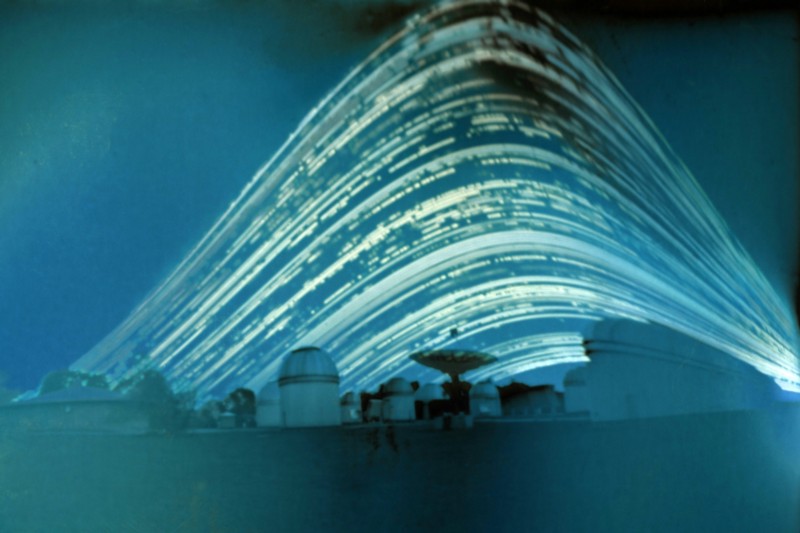
Of course, the closest star to our world, the Sun, has an extremely powerful effect on our lives. Days and nights depend on the rotation of the Earth and the visible path of the Sun through the sky, when it rises above the horizon in the east, makes a semicircle to the zenith, and then decreases and sets in the west.
In spring and summer, there are more light hours per day, the Sun rises higher. In autumn and winter, there is less light, and the shortest day happens during the winter solstice.
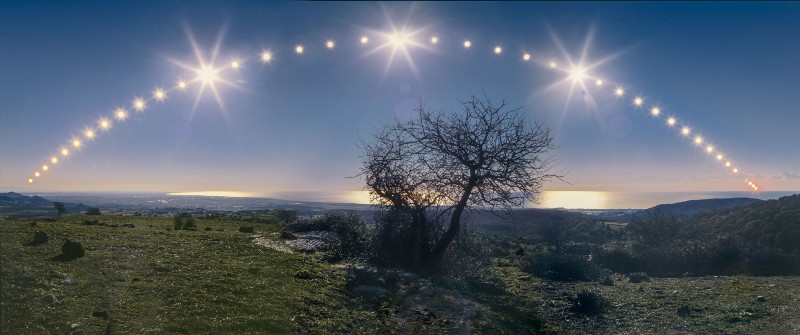
Anthropologists believe that the oldest holiday in the history of mankind coincides with the period that occurs a few days after the winter solstice, as it notes the fact that the Sun will rise higher in the sky, and will not disappear beyond the horizon forever, and will give rise to a new year.
But many of us have forgotten because of light pollution, as a result of which the dark sky became very difficult to find that every night we have the opportunity to observe a unique picture of the night sky after sunset.
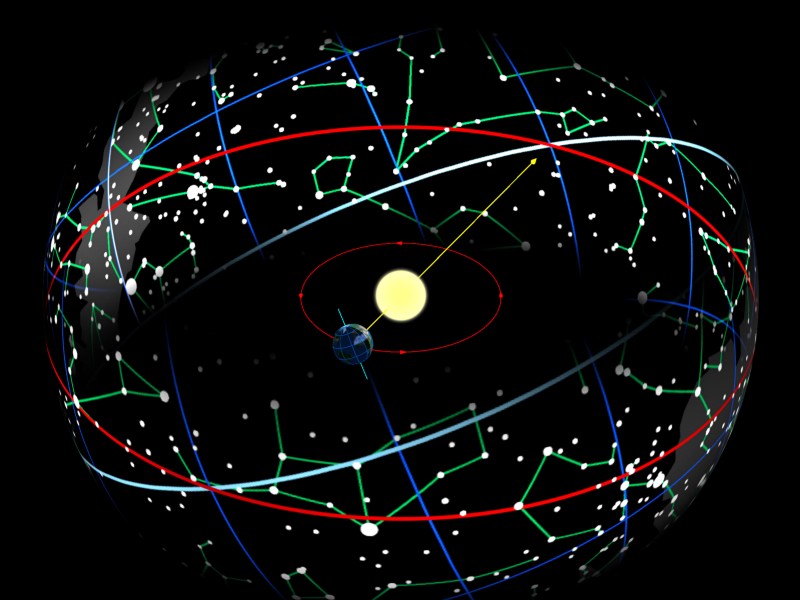
While ancient people could only observe the wonders of the dark night sky, with the help of modern science we can explain why it is just like that. We see different stars and constellations at different times of the year, as the Earth circles around the Sun with a period of one year. Constellations like Orion are clearly visible from December to March, because it is then that the night side of the Earth looks in their direction, and winter constellations, like Lyra and Sagittarius, are better visible from June to September.

Before we realized that the stars in the night sky are the same suns as ours, before we realized that even the closest of them are located tens of trillions of kilometers from us, and that the stars that we see in the night sky, are not motionless, but move for thousands of years, we thought that:
- Earth was the center of the universe;
- The star canopy revolved around us with a period of a day;
- The various stars and constellations through which the path of the sun (as well as the moon and other planets) passed are responsible for events on Earth.
Fairly reasonable inference.
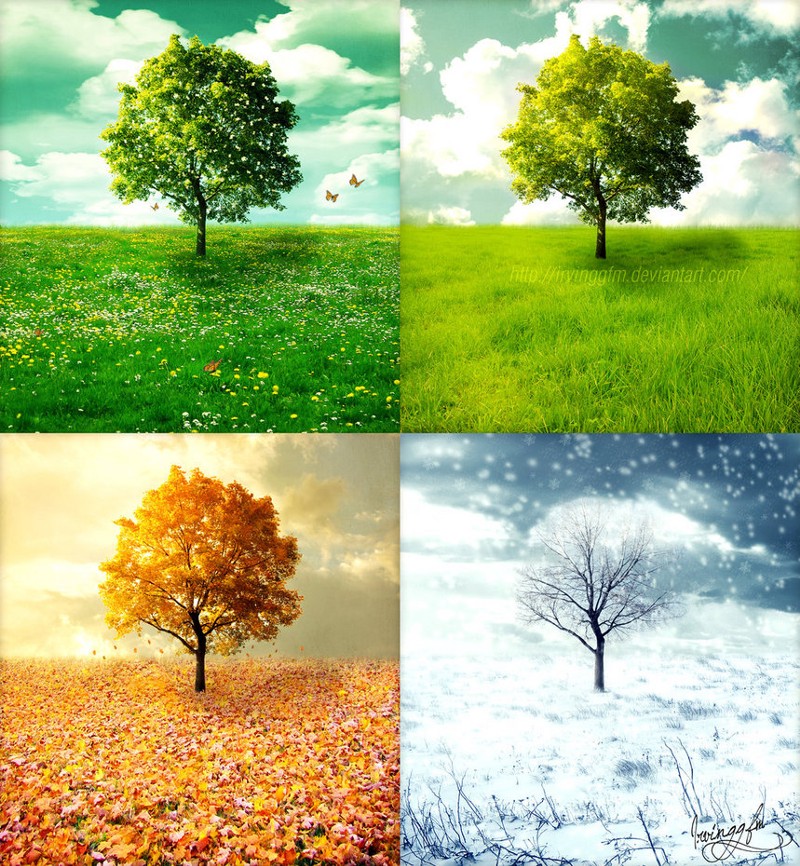
Before the discovery of the tilt of the axis, heliocentrism or the nature of stars, not to mention the deeper scientific knowledge from the field of biology, how did we know why such phenomena as the change of seasons occur? And, moreover, by observing how people behave differently from year to year or from season to season, or that people born at the same time have similar character traits - what would you attribute this to?

We had various options to explain the differences, including:
- what pregnant women ate, bearing children;
- environmental factors, the area in which the person grew up;
- perhaps something simple, like air temperature or weather.
There is also the possibility that the observed differences were not inherent in the children, but appear depending on how we treat them. For example, forcing a child born in January of the selected year to physically and intellectually compete with the same one, but born 11 months later, one can expect huge differences in their achievements, although these differences do not come from their internal characteristics.
It turned out that different cultures chose different signs or signs - the Chinese based their astrology on the year of birth, and the Europeans based on the position of the Sun, Moon and planets relative to the signs of the Zodiac.
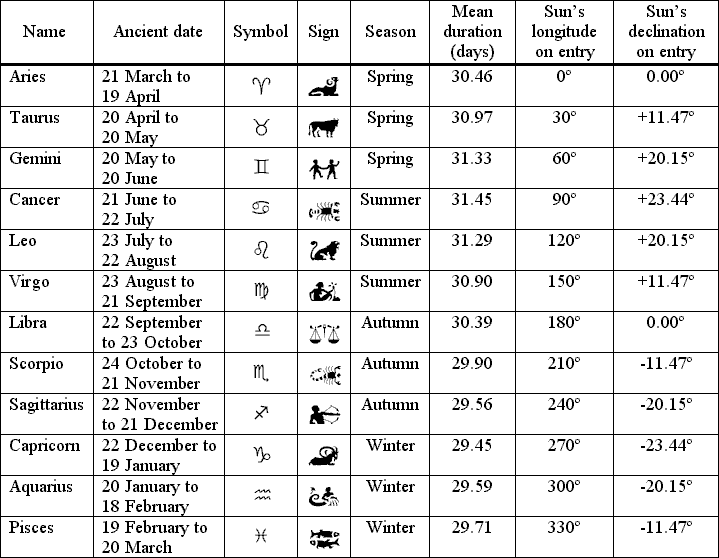
Like many scientific ideas, astrology is based on a reasonable theory and mechanism - the assumption that accurately measured values of the relative positions of celestial bodies can affect everything from personality to temperament and success.
But in order to become a science, it is necessary not only to give out a rational idea corresponding to what can be accurately measured. Science is both a data set and a process, and among other things, it includes:
- the ability to make clear and verifiable predictions;
- the ability to confirm or refute predictions;
- the need to subject them to experimental verification and observation.
If we want to find out whether astrology has the qualities of science, then we need to demand that it make predictions that can be verified and confirmed or refuted by experiments and observations.
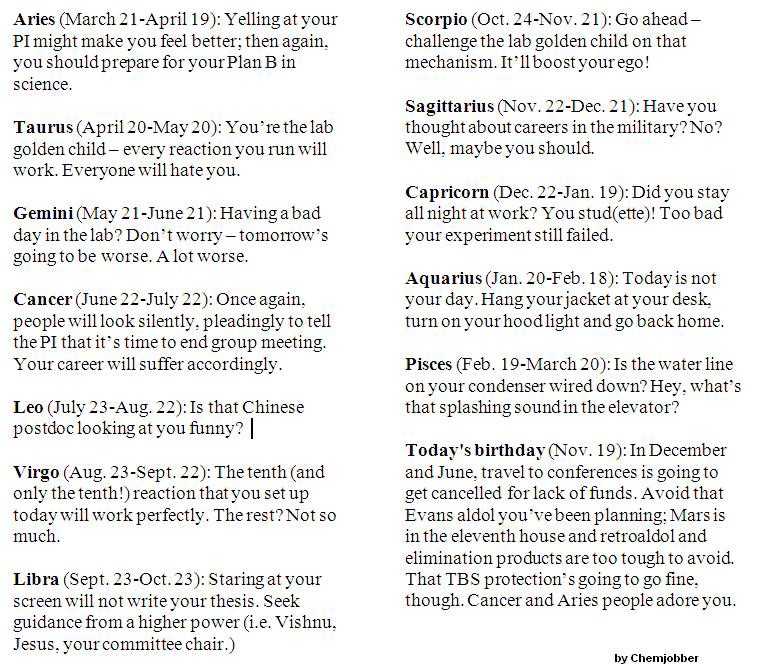
If you are only involved in issuing very general predictions suitable for anyone - as in the usual column of horoscopes - then you do not fit the criteria for clear and verifiable predictions. But if you, like some types of astrology, predict that “people born at some time of the year are more inclined toward entrepreneurship,” then we expect, for example, a larger percentage of millionaires born under a certain sign. And if your sign makes you “with a high probability prone to projecting authority and respect”, then you would expect that among people with power and influence, this sign prevails.
Astrology may or may not have a scientific basis, as well as many other hypotheses and ideas (take at least the Myers-Briggs typology), but we can check and find out!
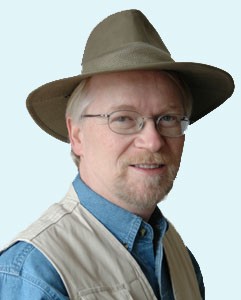
In 1985, a scientist named Sean Carlson wrote a paper on double-blind testing of astrology (specifically, astrology related to the date and time of birth), and the search for its scientific properties. It turned out that upon careful examination it is impossible to find astrological predictions that are statistically significantly different from chance. It may also turn out that there is something in astrology, but to this day the evidence does not confirm the statements (from simple to surprising) based on astrological theories.
In the end, refutability is what separates real science from pseudoscience. We have a chance to find inborn differences in people born at different times of the year, or in different places, with different diets, at different latitudes, with different environmental factors and stresses, when natural disasters happened or did not happen, etc. Astrology is one of the ideas for explaining the inherent differences (if any) between people born at different times of the year, and evidence does not support this idea.
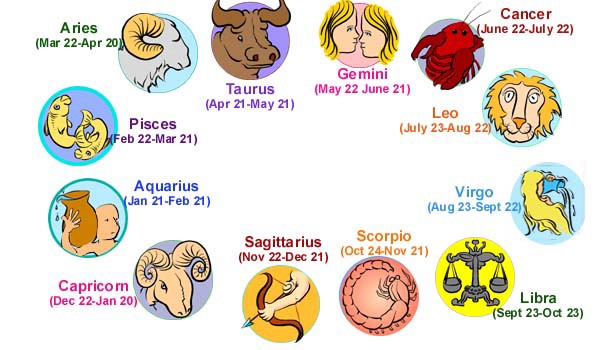
When I first found out about this, this information upset me, as I read in the astrological book that my sign, both on the Sun and on the Moon, is Leo (August 3, 1978, 2:05), and it seemed to me that I was described quite accurately. (In the same way, it seemed to me that my Myers-Briggs type describes me 80% correctly). But the fact that I personally think how true the description corresponds to me is not good scientific evidence. To get something scientifically reliable, it is necessary to have a quantity measured empirically.
Therefore, we can always continue to test it, look for new data, follow evidence, wherever it leads. But what we should not do (and it is precisely to protect us from such actions that science has been developed) is to believe in the idea because it is very old, because it comes from authorities (Ptolemy and Copernicus were astrologers), or because that we want her to be true. We need to ask her questions, study them with all possible skepticism, and follow the evidence.
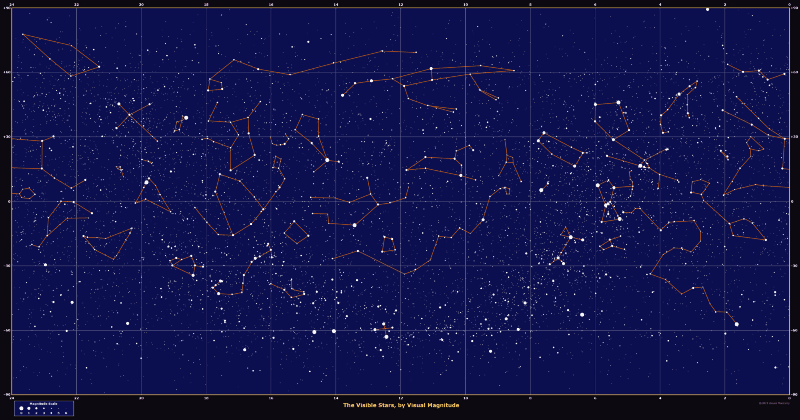
The sun determines the seasons, but not our temperaments, the phase of the moon determines the tides and behavior of some nocturnal animals, but not the menstrual cycles, and the position of the planets affects small changes in their orbits, but not our behavior.
Sorry to disappoint you, Atanaz. If your life seems complicated for you from May to August, there may be a reason for this, but, as far as we can judge from a scientific point of view, you cannot blame the stars, or anything from another world. Thanks for the good question that made me think and do research, and for even more information on the scientific nature of astrology - Wikipedia has an excellent article on this topic .
